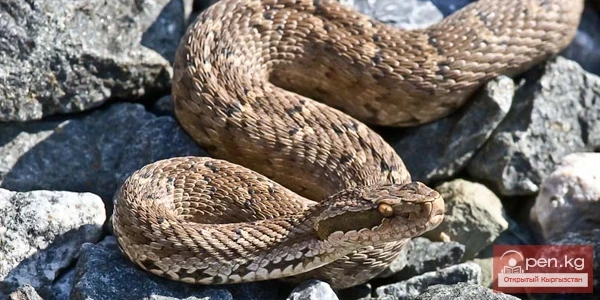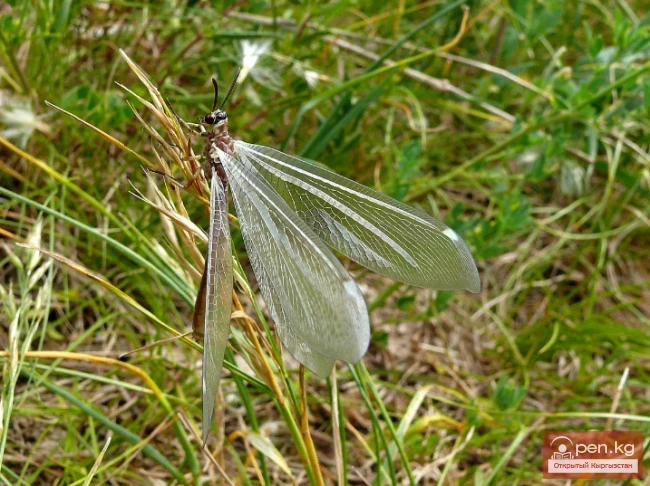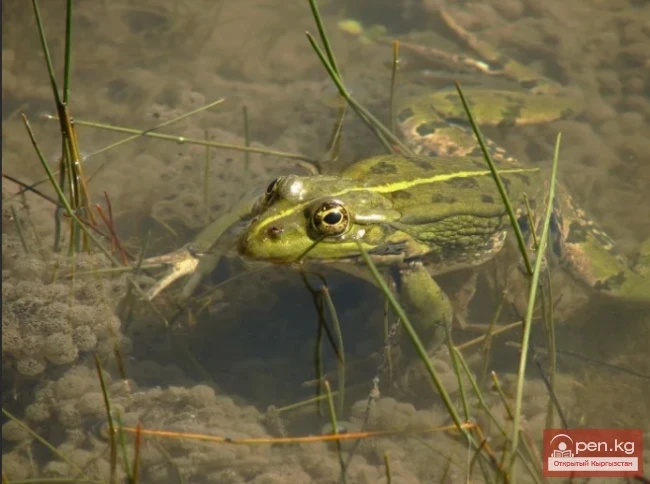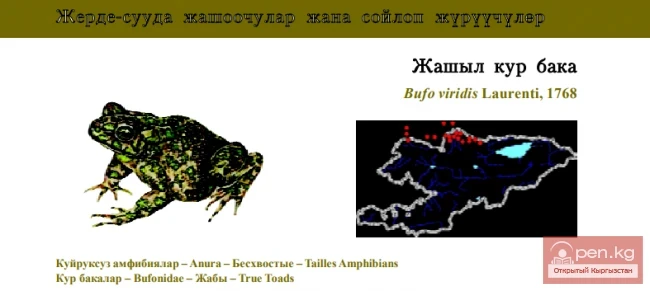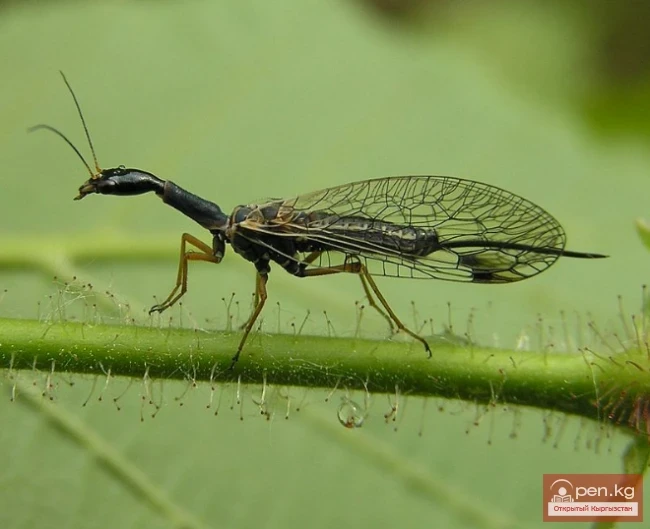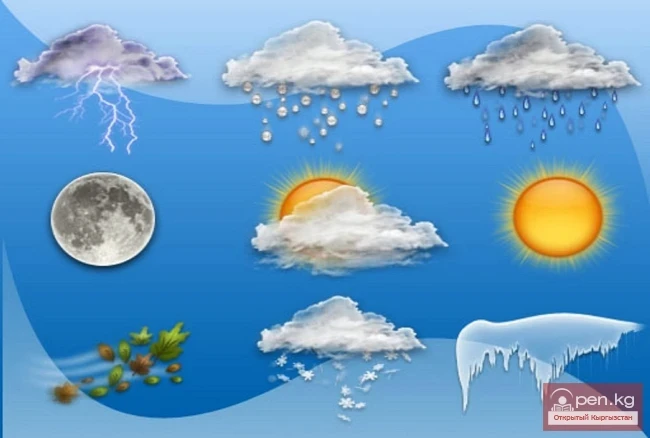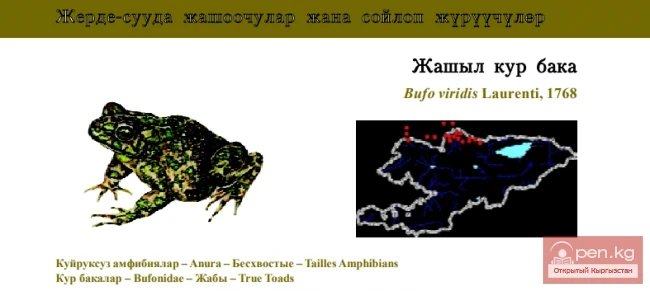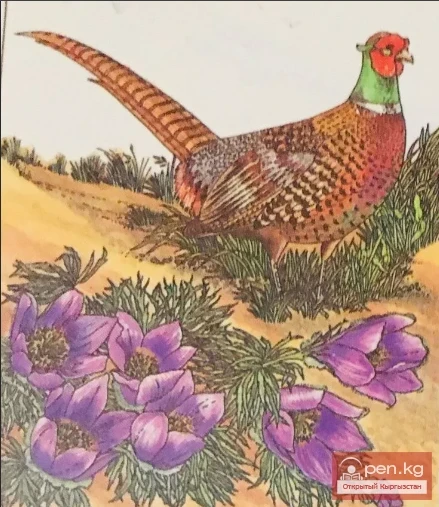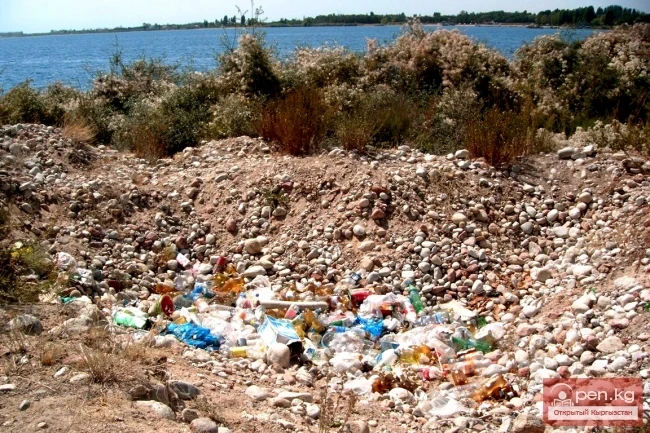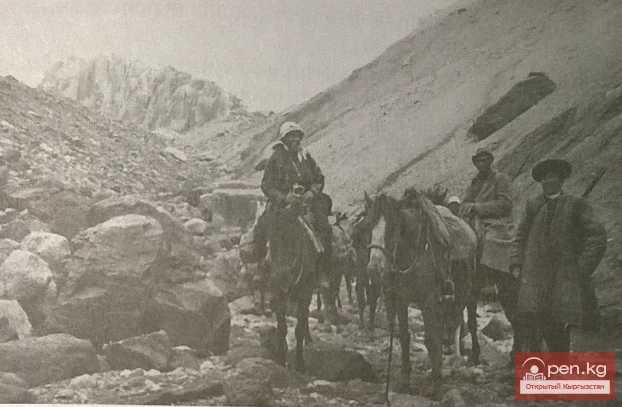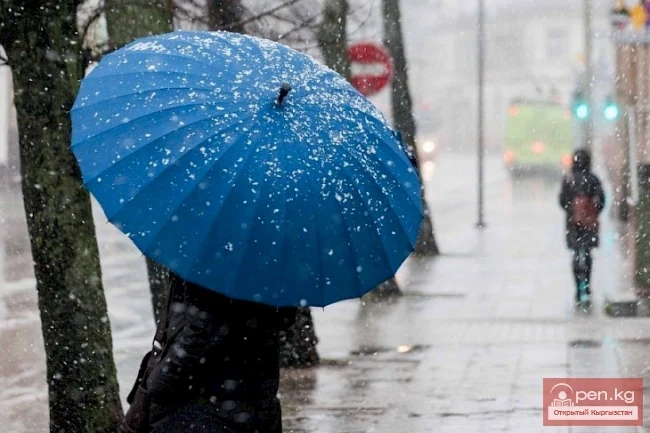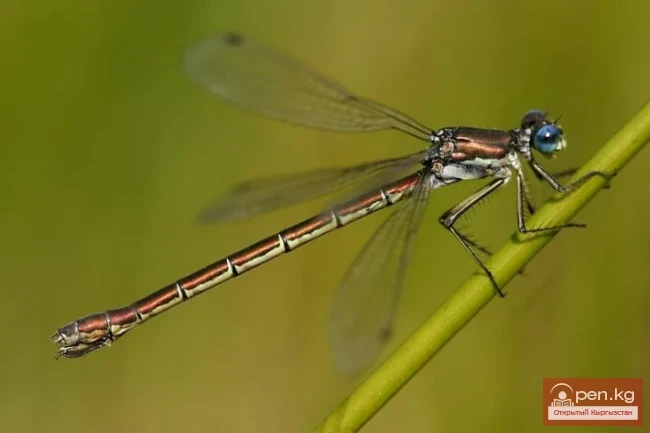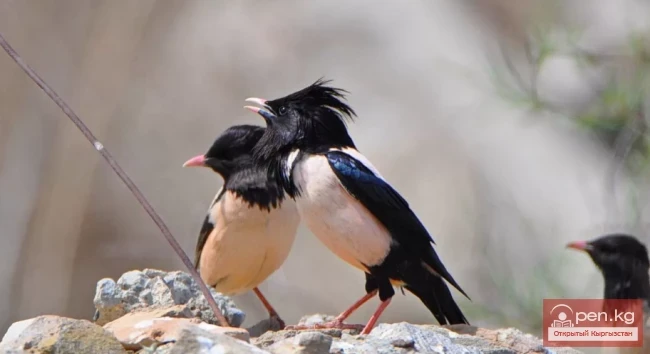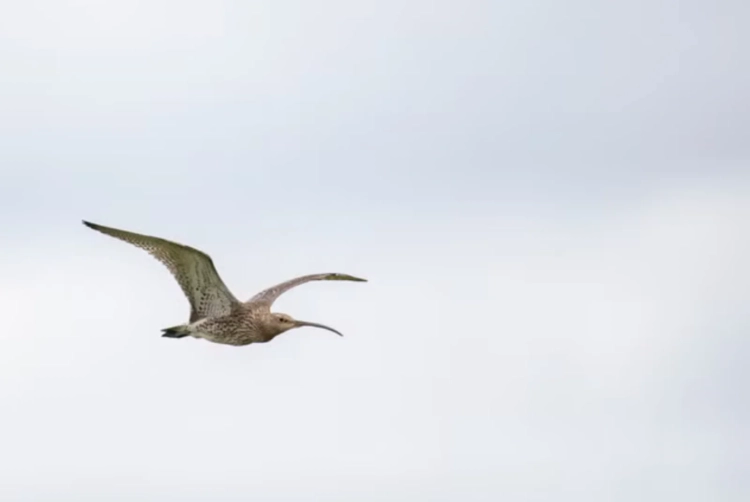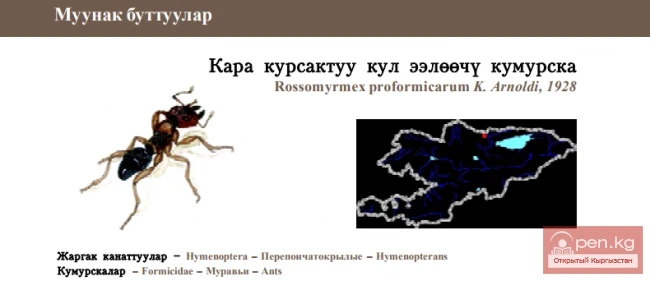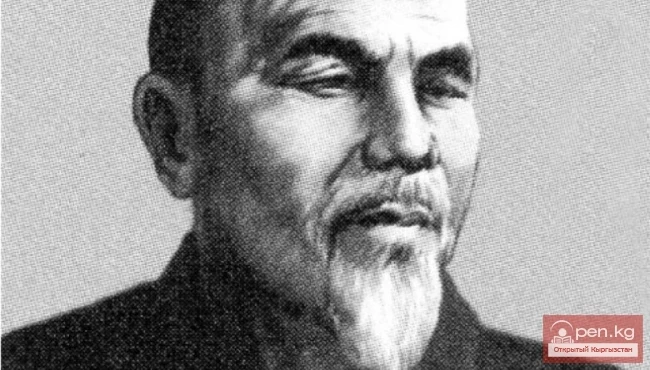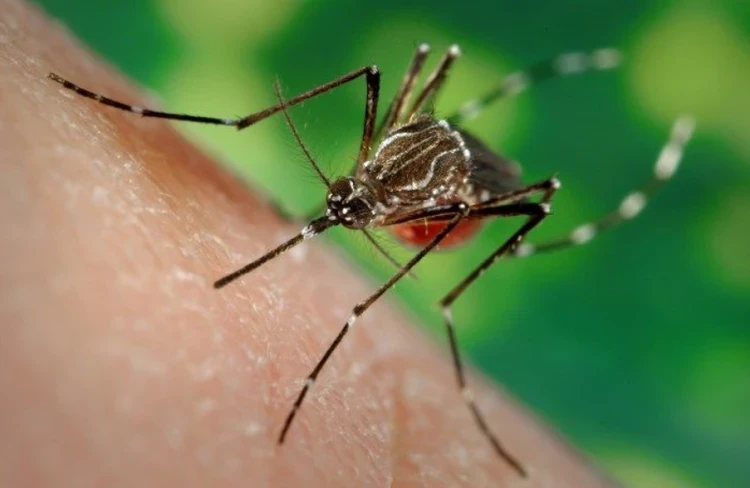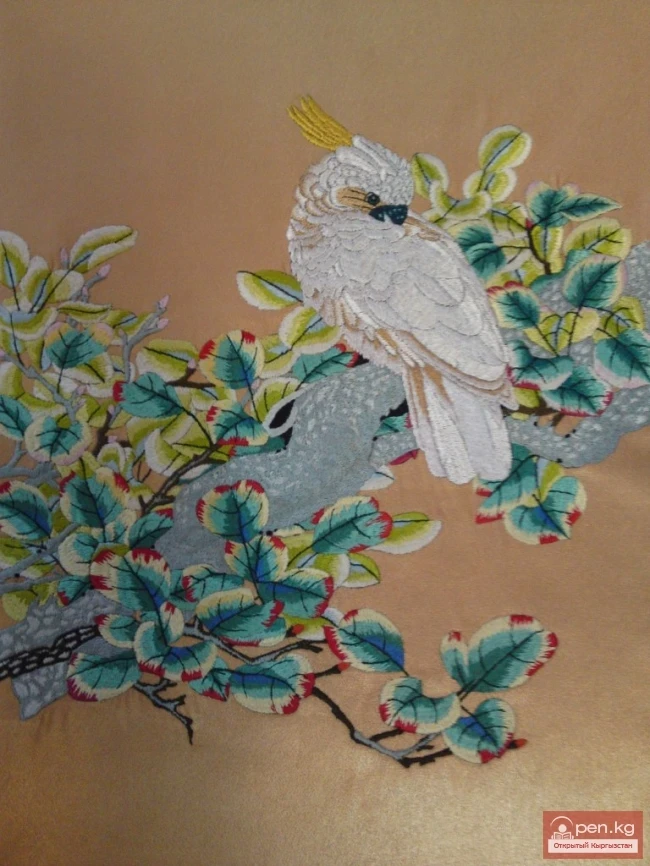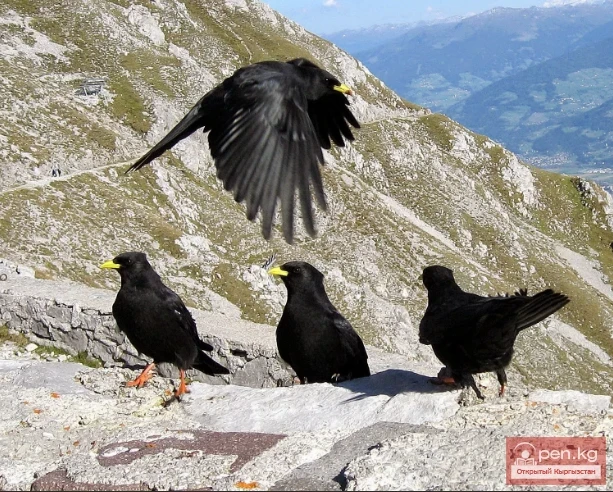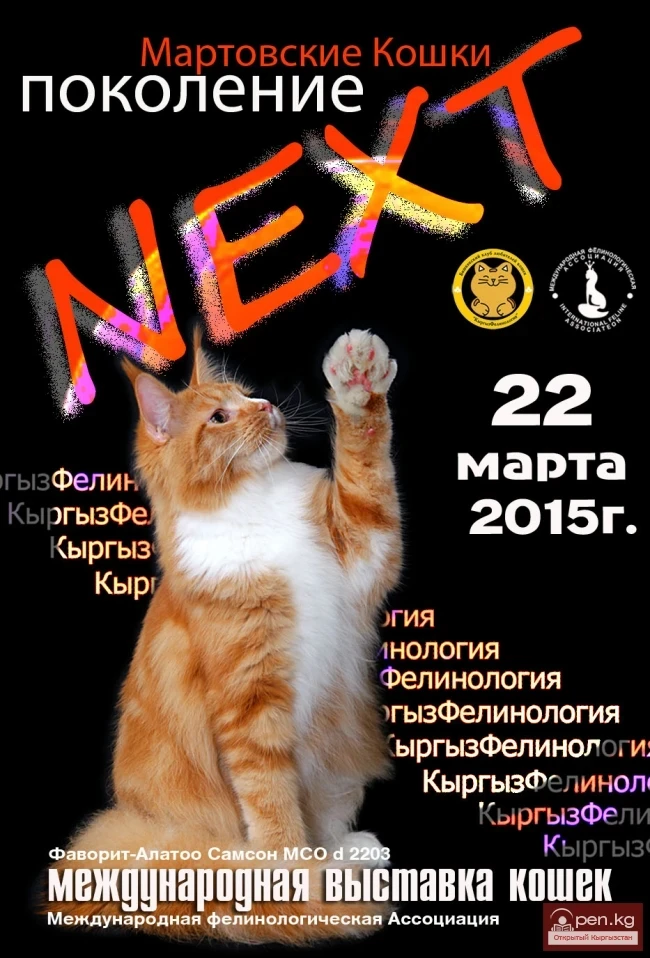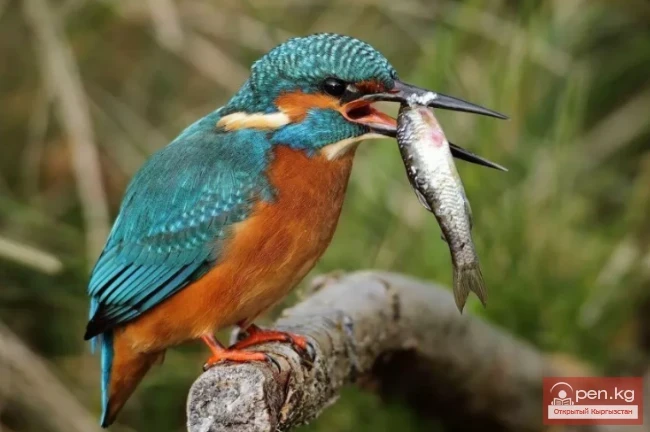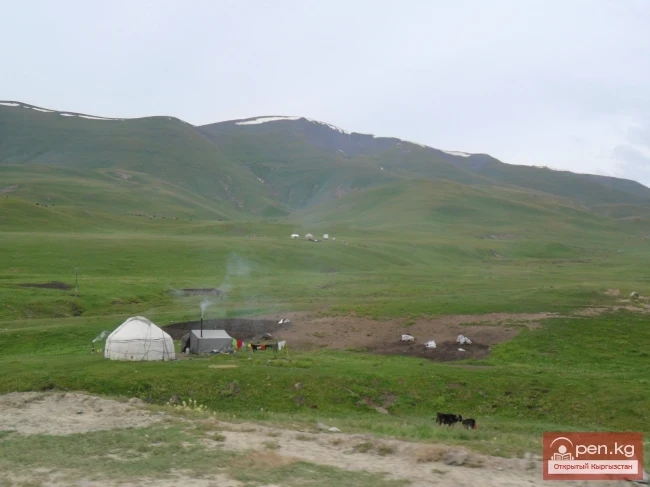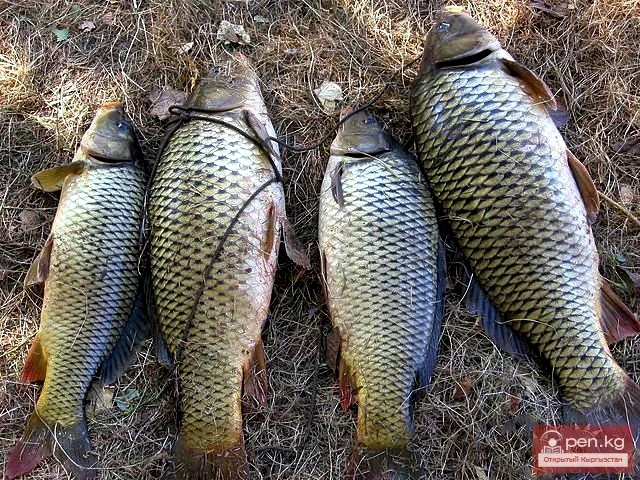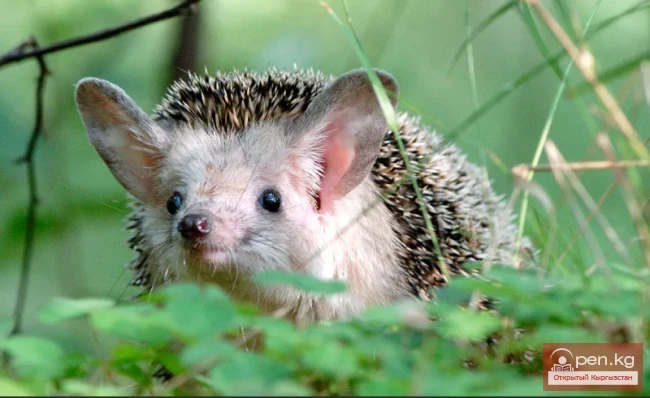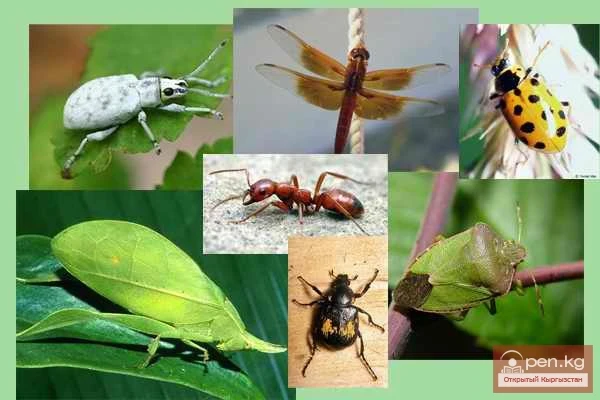
Winter in Kyrgyzstan is a harsh test for all living organisms.
In the cold winter days, many of them suffer from disasters and need. The wise man Asan-Kaygy, knowing this, is very saddened:
Tarazasyng keteryp
Tarbandagan shor tumshuk
Tash baka baikush kantti ekan?
Booru zherge jabyshtan,
Basa albagan balchakhtap,
Baka baikush kantti ekan?
Kirer eshigi jok,
Korgolor teshi jok.
Konuzy baikush kantti ekan?
Carrying its home on its back,
Clumsy, unhappy,
What has happened to the poor turtle?
The body pressed to the ground,
The fat one cannot walk,
What has happened to the poor frog?
To enter — there are no doors,
To hide — there are no cracks,
What has happened to the poor beetle?
Raised from a young age in the spirit of caring for nature, the Kyrgyz never destroyed anthills. On the contrary, they tried to feed the insects with kurut (balls made from thick sour milk and dried in the sun), which they crushed into small pieces and sprinkled on the anthill. People knew: kumurskasy kёp kolot- konshularda, talaa-tokoylordo, shalbalarda zyanduu kurt- tar az bolot, alardyn joosu ushulu kichine kumurskalar bolot. — Where there are many ants, there are few harmful worms.
It is known that ants play a significant role in soil formation and are its sanitizers. In the Moscow region, a nature reserve ("Upper Klyazma") was organized for ants for the first time.
There are 6000 species of ants on the planet, about 350 in our country. Forestry specialists have calculated that the inhabitants of one nest of red ants destroy at least 100,000 pest insects per day; in one month, the population of 5 anthills destroys up to 30 kilograms of pests.
In elevated areas where snakes lived (zhylandyn ordosu, uyugu — a place where snakes gather), it was forbidden to light fires, pour water, etc.
The wise, life-experienced elders often told the young that living beings do not bring any harm to humans; on the contrary, they are very necessary for people, as they were created by nature itself: Ar bir zhandykty jaratylish bekirinen jaratkan emes — Nature did not create various species of animals for nothing.... It is known that the Kyrgyz, if snakes crawled into their homes and did not leave for a long time, would pour milk into a flat dish and place this dish on their path. Everyone tried not to be "mykaachy" — bloodthirsty, killing innocent living beings.
The Kyrgyz punished such a bloodthirsty person (mykaachy kishini) by not inviting him to celebrations for circumcision, weddings, housewarming, or large memorials for respected aksakals, expressing their contempt.
The elders taught young children to treat ants, bees, butterflies, spiders, turtles, frogs, etc., with care, and this was passed down from generation to generation.
It is known that lizards, toads, and frogs eat and destroy pests (mosquitoes, garden snails, various butterflies, flies, etc.) that are close to the surface of the ground. One frog, for example, can eat up to 1 kilogram of insects a day.
Asan-Kaygy's thoughts about insects are filled with anxiety:
Salgan tamy jok,
Kylgan kamy jok,
Algan dany jok,
Bakkan maly jok,
Kezu-bashyn kegertup
Bayagy kegen baikush kantti ekan?
Kore turgan kozu jok,
Chymyn baikush kantti ekan?
Jyygan balyn tarttyryp,
Ayuu menen kastashyp,
Aary baikush kantti ekan?
He has neither home nor fence,
No harvest, no livestock,
Blue by nature eyes and head.
How does the poor fly live?
To see, there are no eyes.
How does the poor bee live?
The winter supply of honey,
Was taken away by bears.
How does the poor bee live?
Bees are tireless workers. Wild and cultivated relatives provide medicinal aromatic honey, pollinate plants and fruit trees.
It has been proven that garden plots, alfalfa and clover crops pollinated by bees yield much more than unpollinated gardens and fields.
The following lines of the great humanist are filled with concern for birds:
Uyasyn kar baskan chykhar,
Shoru tashtay katkan chykhar,
Chymchyk baikush kenetti ekan?
Childe tushty kysh boldu,
Suunun bary tonup, muz boldu
Kaz, erdekten kancha eldu ekan?
Karkyra-turnalar kanetti ekan?
How does the poor bird live?
After all, its nest is left under the snow.
A harsh winter has come,
Lakes and rivers have frozen.
And how many geese and ducks have perished?
What has happened to the cranes?
Earlier, it was believed that birds, by eating the harvests of grains, berries, and fruits, only bring harm to farmers. Such existing views still indicate a not sufficiently high level of ecological awareness among people. There are examples of irreparable losses caused by humans consciously disrupting ecological balance in nature. Recently, in Switzerland and France, starlings began to be destroyed under the pretext that they harm vineyards and gardens. As a result, the number of various insects and their larvae that feed on grain crops, young shoots, grape stems, cherry leaves, etc., has greatly increased, and yields in fields and gardens not only did not increase but also decreased.
A starling eats 300 caterpillars or 360 garden snails in a day. The appetite of its chick is remarkable; in 2-3 days it doubles its weight, meaning it eats 800-900 grams or more.
